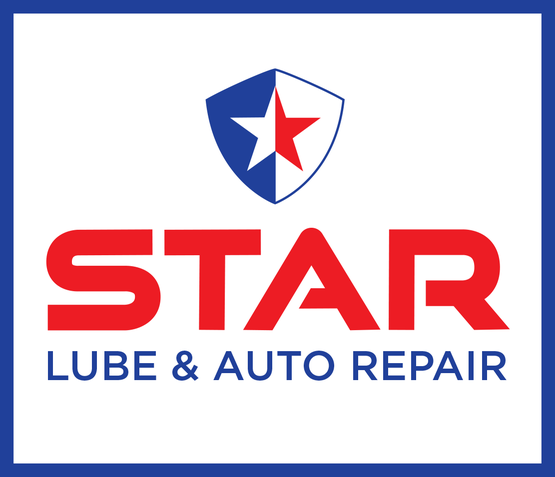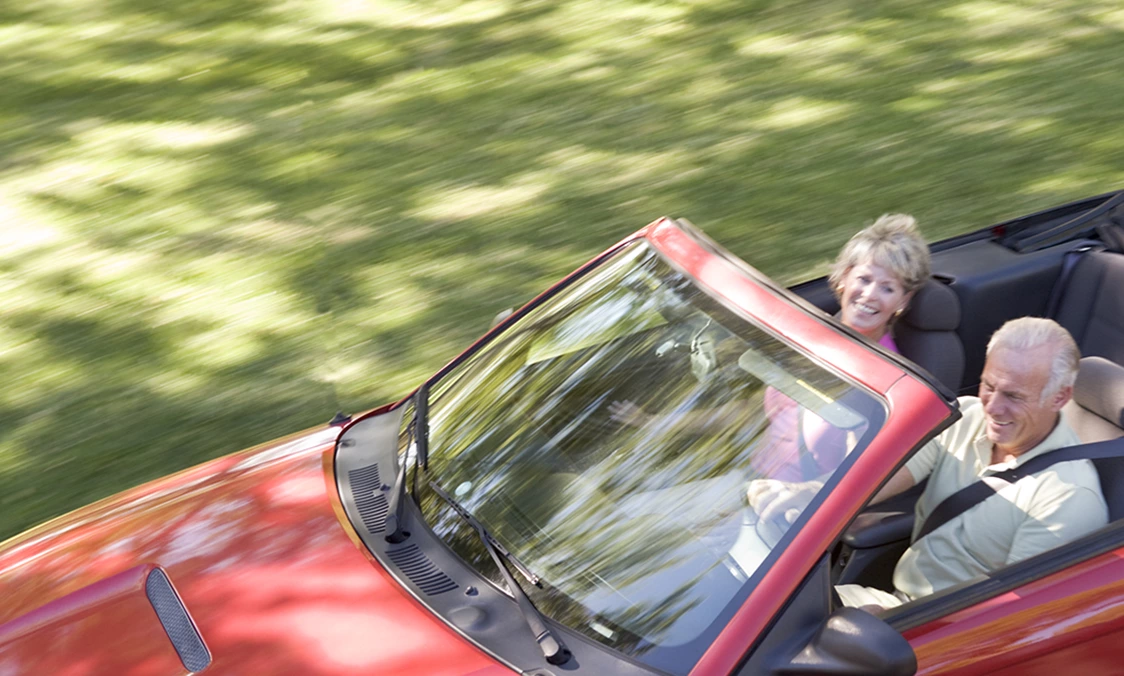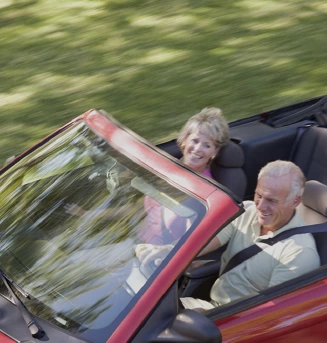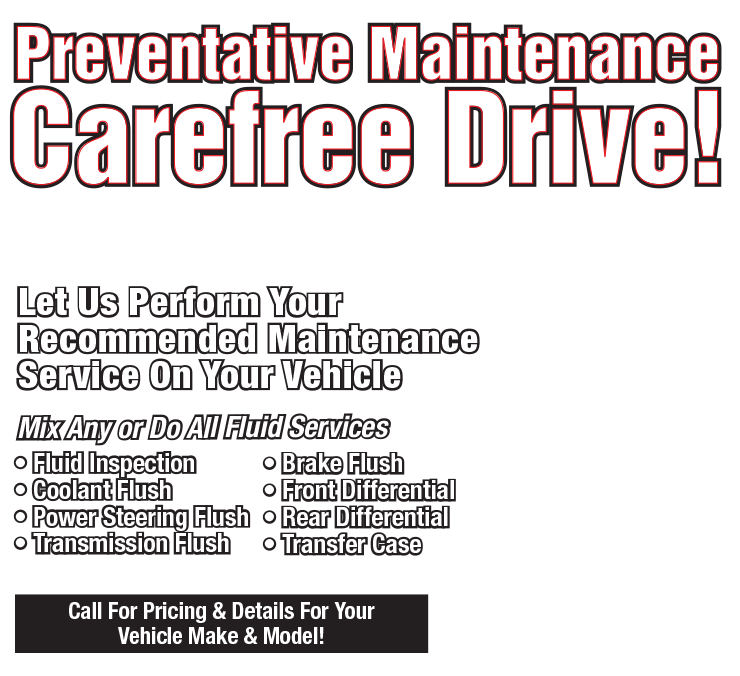It's Brake Time (Brake Calipers)
December 31, 2023
Race car drivers have demonstrated the advantages of disc brakes, so most modern vehicles use them. Sometimes just the front wheels have disc brakes, but many vehicles now have them all the way around.
A major component of the disc brake is called a caliper. It works by squeezing brake pads against the disc or rotor, kind of like a bicycle hand brake. The brake pads themselves are what contact the rotor, causing friction to build and the wheel to slow down, but it's the calipers that apply the pressure to the pads.
Caliper design has evolved over the years, and there are two common types. One is called a floating caliper. It has one or two pistons on one side of the disc. When you push down the brake pedal, the piston or pistons in your caliper put pressure on that one side. A mechanism connected on the other side of the disc applies pressure as well, squeezing your disc so the vehicle stops. Floating calipers are less expensive since they have fewer parts.
The other type is called a fixed caliper. They use pistons on both sides of the disc, sometimes several. They are often used in more high-performance or heavy-duty vehicles.
Calipers can have rubber seals to keep out dirt, debris and moisture, but when that rubber wears out, sometimes the calipers can get contaminated. They can stick or start leaking; they can even rust. Then your caliper can get stuck applying that "squeeze" when you are not pressing on the brake pedal. Or they can get stuck in the other position, not applying stopping power when you press the pedal.
When this happens, it's not unusual to feel your vehicle pull to one side when you brake. You might notice a burning smell from the constant friction if the caliper is stuck on, plus you may feel the heat from the wheel after you park and get out of your vehicle. Sometimes you'll hear a high-pitched sound or clunk if your calipers are binding up.
That's your cue to have them checked out at your vehicle service center. If your calipers aren't working correctly, it can be a safety hazard. Sticking calipers can affect your ability to steer and stop; this is the kind of "brake time" you need so you can get them back on track and working properly.
Star Lube Centerton
550 W Centerton Blvd
Centerton, Arkansas 72719
479-795-1060
https://www.starlubecenterton.com
Need Service?
More articles from Star Lube & Auto Repair

Before You Buy that Used Vehicle (Having a Used Car Inspected Before Buying)
February 1, 2026
Let's face it. New vehicles are expensive, so finding a good used one can save drivers a lot of money. It's tempting to look through ads, find a private seller who has what you're looking for and pay a price you think is a great deal. But when you go over to look at a used car, do you really k... More

Not Too Hot and Not Too Cold (Temperature Gauge)
January 25, 2026
You know your body temperature is supposed to be 98.6 degrees F, 37 degrees C. Your vehicle has a normal temperature, too, and if you pay attention to it, that can save you some big headaches down the road. Many vehicles have a temperature gauge on the dash that takes the temperature of the engi... More

Beginning to See the Light (Check Engine Light Diagnostics)
January 18, 2026
It's a light many drivers fear they'll see turn on at the most inopportune time. It's the one on the dash that says "Check Engine," "Service Engine Soon," or it may be simply an engine-shaped light. Your first instinct may be to pull off to the side of the road and turn off the engine. The truth... More









